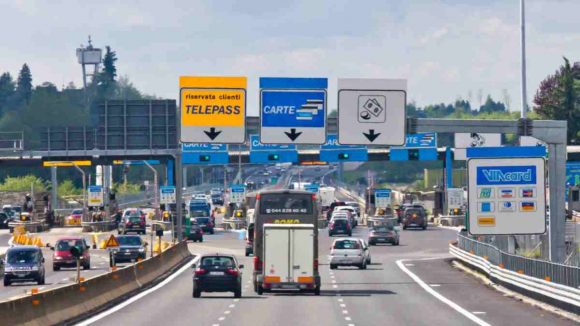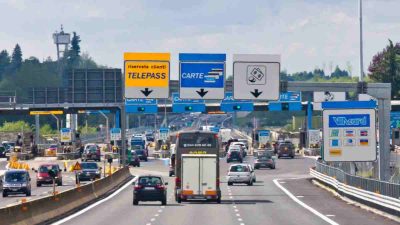Stockholm has given 2025 as the cut-off time when the capital of Sweden will last see or hear the engines of fuel-powered vehicles echoing through its cobblestone streets.
The city, which encompasses 14 islands and over 50 bridges, is known for using ferries and sightseeing boats to shuttle passengers between islands. It aims to ban petrol and diesel cars in key city center areas in the next two years. This is to enhance air quality and reduce traffic noise pollution.
So far, this radical plan has the full backing of the Green Party, commonly referred to in Swedish as Miljöpartiet. The environmental zone will cover 20 blocks of Stockholm’s inner city, including business hubs. This means not only will it have a bearing on locals, but it will also hit the heart of the economy – tourism and business. Shopping streets and prime office spaces are included in this zoned-off block.
Stockholm’s clean air project
According to the Green Mobility magazine, the goal is to speed the transition from combustion-engine vehicles to electric ones. Air quality is a significant concern for Sweden, so much so that it’s one of its National Environmental Quality Objectives. “Every municipality in Sweden has to assess the air quality by measurements, modeling or objective estimation to make sure that the environmental quality standards (EQS) are met,” says Smart City Sweden.
The EQS is a legally binding legislation, and if a municipality doesn’t adhere to it, action can be taken. The current concentration in Sweden is below the recommended limit given by the World Health Organization’s guidelines. IQ Air has given the city a green code, indicating the quality is “good.”
Then why would there be these drastic changes, which have the potential to damage international trade, tourism, and business? Smart City Sweden says during the cold winter periods, higher pollution levels do occur. “NOx and PM levels rise due to the combustion during the winter and resuspension due to the use of studded tires in the springtime. Air pollution in Sweden is mainly driven by traffic, energy production, and industry, especially in urban areas.”
Sweden’s “Clean Air” target is to ensure small air pollutants do not exceed low-risk levels for cancer. It also wants to protect the environment against diseases, plants, animals, and materials.
The plan and the objectives for Stockholm?
The plan to ban all fuel-driven vehicles by 2025 and primarily permit fully electric cars might be seen as too ambitious. For now, larger vans, plug-in hybrid vehicles, emergency cars, and those transporting people with disabilities are all exempted.
The plan is also to expand the zone beyond the 20 blocks. With this in mind, there is now a far more urgent need to invest in electric charging infrastructure rather than a ban on fuel-driven vehicles.
Philip Amaral, the development director at the European Cyclists’ Federation, is excited about the fuel ban. “When implemented, it will be the most ambitious anti-pollution scheme in Europe.
Lawmakers are hoping this ban will encourage the uptake of electric vehicles. Jennifer Dungs is an energy and transport expert. She hopes this will translate into more “electric delivery vehicles, cargo bikes, and use of public transit.”
About the author
Mia is a multi-award-winning journalist. She has more than 14 years of experience in mainstream media. She's covered many historic moments that happened in Africa and internationally. She has a strong focus on human interest stories, to bring her readers and viewers closer to the topics at hand.











